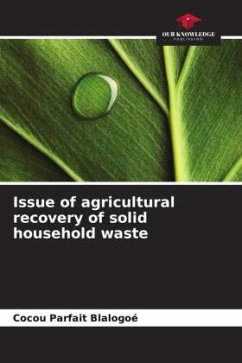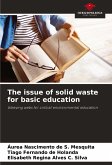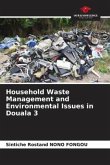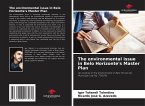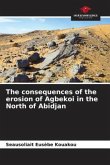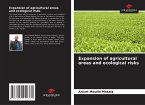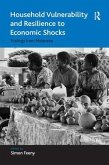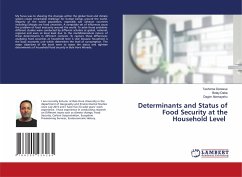The issue of waste is now a real problem in all urban centers around the world, especially those in developing countries. This study focuses on the problems linked to the agricultural recovery of solid household waste in the city of Cotonou. The approach used includes documentary research, surveys, physico-chemical analyzes of household waste. The study found that Cotonou households produce an average of 0.58 kg / hbt per day. This production contains 58% of biodegradable waste which is not sufficiently used for soil fertilization. Moreover, the production of this biodegradable waste varies from one neighborhood to another. Residential neighborhoods produce much more biodegradable waste than lower-income neighborhoods. The biodegradable waste of the city of Cotonou contains nutrients capable of enriching the soil for good agricultural production. The development of such an agricultural sector encounters some difficulties linked to current economic and technical conditions.
Bitte wählen Sie Ihr Anliegen aus.
Rechnungen
Retourenschein anfordern
Bestellstatus
Storno

